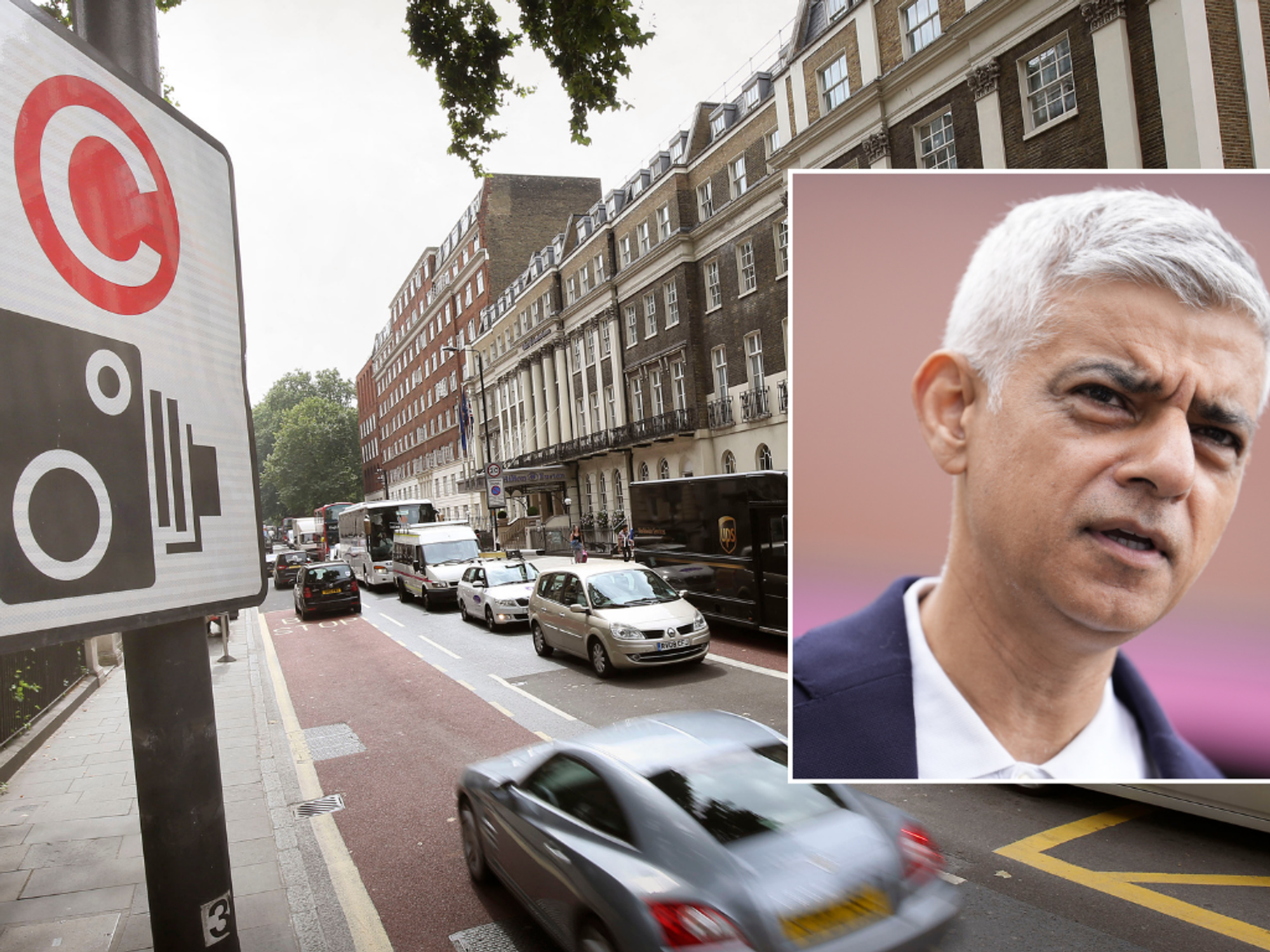Scam alert: Britons issued urgent warning as woman, 63, loses £190,000 and denied refund from bank

Customers will not be refunded if the Bank does not class the scheme as fraud
|PA/GETTY

Customers will not be refunded if the bank does not class the fraud as a scam
Don't Miss
Most Read
A 63-year-old has lost more than £190,000 inheritance in what she thought was a property development scheme.
Despite the deceit that took place, her bank - Barclays - denied giving her a refund as they ruled it was not a scam.
Ruth Fretwell, 63, invested the money from her late mother in what turned out to be a failed investment between 2020 and 2021.
When the scheme collapsed in 2022, Fretwell sought reimbursement under a voluntary code for banks to compensate fraud victims. However, Barclays refused, stating the investment was a Ponzi scheme rather than a scam.
The investment scheme promised investors a 10 per cent annual returns for three years on residential property projects in Kent and southeast England.
Fretwell was one of about 140 people who collectively invested £30 million between 2019 and 2022.

Barclays explained the claim has been deemed a Ponzi scheme and not a scam
|PA
Investors received fake brochures highlighting the company's "20 years of experience" and "secure returns". Fretwell invested £190,000 in total, with her last investment made in July 2021.
On New Year's Eve 2021, investors received an email stating the firm had to "close the gate" on fund withdrawals for three months. Weeks later, the company entered administration.
She told The Sunday Times: "It came completely out of the blue. Just weeks earlier I was invited to make further investments. I received a cheerful Christmas greetings email with no indication of any problems."
Barclays explained its refusal to refund Fretwell in a phone call, stating: "The claim has been deemed a Ponzi scheme and not a scam. It is still fraud and it is still criminal but we won't be able to investigate it as a scam."
The bank later clarified that it should have said the case was not an authorised push payment (APP) scam, which would qualify for refunds under the mandatory code.
Barclays advised: "Before making investments, we encourage everyone to take steps to satisfy themselves that the person or business they are paying is legitimate.
"If in any doubt we urge they get independent financial advice before transferring any monies. In this specific matter, the Financial Ombudsman Service is investigating. It would be inappropriate to comment further until the conclusion of its review."
The case extends beyond Fretwell, with around 140 people investing a total of £30 million in the scheme. Kent police received over 120 complaints from investors who believed they were victims of fraud.
However, the police have dropped their investigation due to lack of resources and the "notorious" difficulty of fraud prosecutions.
Another investor, Mark Palmos, 63, from East Grinstead, invested about £400,000 in the same scheme. He received a partial refund from Nationwide but was refused by NatWest.
The Payments Systems Regulator doesn't exclude Ponzi schemes from fraud refund rules but requires investments to meet specific criteria for APP scams.
UK Finance, a banking industry body, stated it doesn't make recommendations to members on fraud refund claims, leaving individual banks to decide.
The Financial Ombudsman Service has previously ruled against banks in similar cases, ordering compensation for victims.
Fretwell lodged a complaint with the Financial Ombudsman Service, awaiting a decision on whether the Ponzi scheme qualifies as a scam under APP fraud refund rules.
The scheme's administrators continue their investigation into the collapsed investment. As investment scams become increasingly sophisticated, there's a growing need for clearer guidelines and stronger protections for investors.
The outcome of Fretwell's case could have significant implications for how similar cases are handled in the future.










